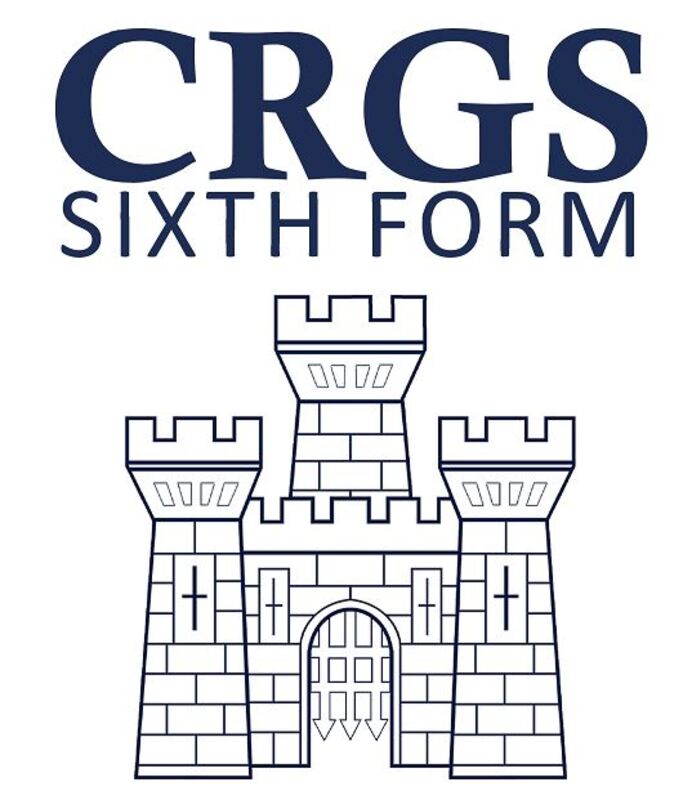
Chemistry is involved in all parts of our lives in ways that we don’t always appreciate. It helps to explain and enhance the material world that we live in. Studying Chemistry allows you to delve deeper into the behaviour of organic molecules, to see how simple medicines like aspirin can be synthesised and learn more about how plastics are made. You get to study molecules that are the building blocks of life. Studying Chemistry is the subject for you if you are looking for answers, explanations and like to solve problems.
You should have either 2 GCSEs in Combined Science at grade 6 or above (i.e. grade 6 or above in both) or grade 6 or above in GCSE Chemistry. All Chemistry students should also have grade 6 or above in GCSE Mathematics.
There are 3 written papers (worth 35%, 35% and 30% of the final A Level grade) all of which are taken at the end of the A Level course. 20% of A Level marks require the use of higher GCSE mathematical skills and 15% of A Level marks are awarded for practical knowledge and understanding. Practical assessment of skills takes place throughout the year with students gaining a pass or fail that will accompany their A Level grade.
About Education Provider
| Region | North West |
| Local Authority | Lancashire |
| Ofsted Rating | Outstanding |
| Gender Type | Co-Educational |
| Address | York Street, Clitheroe, BB7 2DJ |
Chemistry is involved in all parts of our lives in ways that we don’t always appreciate. It helps to explain and enhance the material world that we live in. Studying Chemistry allows you to delve deeper into the behaviour of organic molecules, to see how simple medicines like aspirin can be synthesised and learn more about how plastics are made. You get to study molecules that are the building blocks of life. Studying Chemistry is the subject for you if you are looking for answers, explanations and like to solve problems.
You should have either 2 GCSEs in Combined Science at grade 6 or above (i.e. grade 6 or above in both) or grade 6 or above in GCSE Chemistry. All Chemistry students should also have grade 6 or above in GCSE Mathematics.
There are 3 written papers (worth 35%, 35% and 30% of the final A Level grade) all of which are taken at the end of the A Level course. 20% of A Level marks require the use of higher GCSE mathematical skills and 15% of A Level marks are awarded for practical knowledge and understanding. Practical assessment of skills takes place throughout the year with students gaining a pass or fail that will accompany their A Level grade.